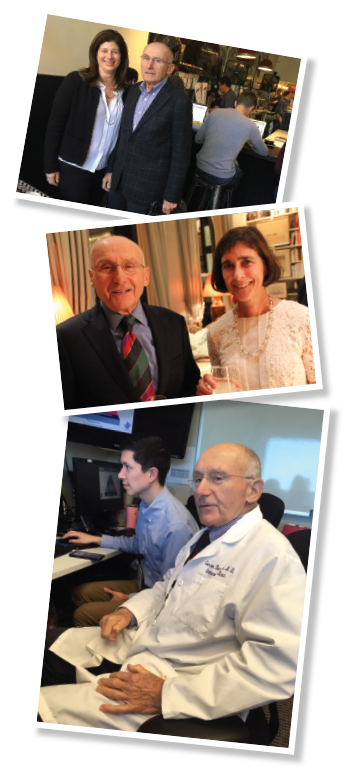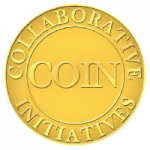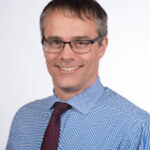In 2018, Gerson Bernhard, MD, FACP, MACR, received a call from a primary care physician at a rural clinic in Florida who was treating patients with varying degrees of arthritis. One patient’s case was more complex than the others.
Dr. Bernhard guided the doctor through the patient’s history, reviewed lab results, referred related studies, expanded the differential diagnosis, helped organize a treatment plan and suggested a referral since rheumatologists in the area were limited.
A clinical professor of medicine in the University of California, San Francisco (UCSF) School of Medicine since 1995, Dr. Bernhard is an active volunteer for the MAVEN Project, a four-year-old nonprofit group that uses telehealth technology to connect volunteer physicians to primary care doctors or physician assistants who treat underserved patients in rural and urban clinics.
He started volunteering for the MAVEN Project when it was approximately eight months old. So far, it supports 114 volunteer physicians in 42 specialties, including rheumatology, cardiology and pediatrics, who serve approximately 700 primary care providers in 44 partner clinics in nine states. In 2019, MAVEN’s five adult rheumatologists and a pediatric rheumatologist provided 30 advisory consults and 15 educational sessions via small group webinars.
Initially, video consults were conducted via a closed-circuit system with patients, which proved difficult, limiting and cumbersome, says Dr. Bernhard. Volunteers later began scheduling direct consults with referring physicians and other medical staff. Now MAVEN has added e-consults, which don’t need to be scheduled. At the time this article was written, more than 60 e-consults had occurred.
“I realized these clinics need help, and I’m in a position where I can afford to give help,” says Dr. Bernhard, adding that Laurie Green, MD, a specialist in obstetrics and gynecology in San Francisco, is MAVEN’s founder, president and board chair. “I’ve always enjoyed consulting and teaching. It keeps me engaged, is personally stimulating, gives purpose to my life and is a project that’s useful to everyone concerned.”
Accomplished Medical Career

Top Image: Jill Einstein, MD, MAVEN Project director of physician engagement, and Gerson Bernhard, MD, physician volunteer.
Middle Image: Dr. Bernhard with another MAVEN Project volunteer Debbie Cohen, MD (endocrinology).
Bottom Image: Dr. Bernhard discusses a case with a rheumatology fellow, Alfredo Aquirre, MD.
In 1953, Dr. Bernard graduated from medical school and also received his master’s degree in pathology from Northwestern University Medical School in Chicago (now the Northwestern University Feinberg School of Medicine). In 1957, he finished his internal medicine training program, along with the first year of his rheumatology fellowship, also at Northwestern, where he was a recipient of a U.S. Public Health Service Arthritis and Rheumatism Training Grant. He completed the second year of his fellowship in 1960 at the University of Colorado Medical Center, Aurora (now UCHealth University of Colorado Hospital), in the allergy-
immunology section of the Department of Medicine.
Before accepting his current position, Dr. Bernhard held a wide of variety of academic and administrative positions at different organizations and medical facilities, such as clinical professor of medicine from 1974–1990 at the Medical College of Wisconsin, Milwaukee, and medical director from 1990–2008 at the Arthritis Center (now known as Arthritis and Osteoporosis Center) at Mills-Peninsula Hospitals (now called Mills-Peninsula Medical Center), Burlingame, Calif.
In 1994, Dr. Bernhard received the ACR Master designation.



